Kill Them All, Let God Sort Them Out!"
This saying, actually used in some circles today and historically in military situations, got its beginning during the terrible persecution that Christians suffered in 13th Century
The freedoms we enjoy could not be imagined in that world over seven hundred years ago. It is important for us today, to know the hard-hearted mindset of those who opposed the Truth fueled by the evil machinations of a Machiavellian-style papacy in Rome.
The policy set by Rome at that time is still in force doctrinally:
"Nulla salus extra ecclesium" ("Outside the Church there is no salvation.")
It was "open season" on those who taught any doctrine other than that which the Pope allowed and this made such people enemies of the Catholic Church.
In 1210 AD, Pope Innocent III unleashed "orders of fire and sword" against a group of heretics throughout Europe, mostly remembered as Cathars. Of special note, at the great Medieval city of Beziers, France there was a terrible massacre of heretics.
Though the actual count will never be known, it is thought that perhaps 100,000 people were ultimately slaughtered. The papal forces besieged Beziers and all inside were commanded to surrender and repent. The heretics inside, also known as Waldensians or Albigensians, were believers in a widespread form of Gnosticism which threatened the greedy and materialistic goals of the Papacy.
According to a Catholic source, "Caesarius of Heisterbach: Medieval Heresies," after the city was taken, at a cost in life of thousands of defenders, about 450 heretics were "examined" by the inquisitors and many of them claimed to be Christians rather than being heretics and would not repent.
Others claimed to be good Catholics and did not want to die. Fearing the possibility that these were lying must have caused the infamous phrase to first be uttered. In Latin,
"Neca eos omnes. Deus suos agnoset." (Kill them all. God will know His own.)
This was a misunderstood reference to 2 Tim. 2:19, which in part reads, "The Lord knoweth them that are his" (KJV).
About fifty were hanged, the rest were burned to death. At this time, most Catholics felt that life on earth was simply a brief interlude to prepare for the hereafter. If one led a godly life, God would know of it, and the reward would be eternal paradise. So, this statement made perfect sense according to the concepts of Catholic righteousness.
If every single soul in Beziers were killed, the good would go to Heaven and the evil would go to Hell, and so the papal killers were doing God's work. The New Testament says, John 5:22,
"For the Father judges no one, but has committed all judgment to the Son," (NKJ)
And, obviously, man is not to commit murder (Luke 18:20; James 2:11).
Were there New Testament Christians in Beziers? The Cathars were truly heretics, but we also can see from the testimonies the Catholic examiners themselves left behind, there could have been a good many true Christians among them.
At this time in history and for centuries before this there were many regions of Europe that had been benign homes for the faithful. Although always a serious persecutor of the faithful, the Catholic Church truly became the main exterminator of Christians when it became militarily powerful beginning in the 12th Century, thus sowing the seed of the Reformation.
It took Martin Luther another 200 years to appear on the scene to bring some religion back to the church...and the Reformation was born.
Friday, November 7, 2008
Kill Them All, Let God Sort Them Out
Labels:
Divine Retribution,
Fire and Sword,
God,
Judgment,
Timothy 2:19
Subscribe to:
Post Comments (Atom)





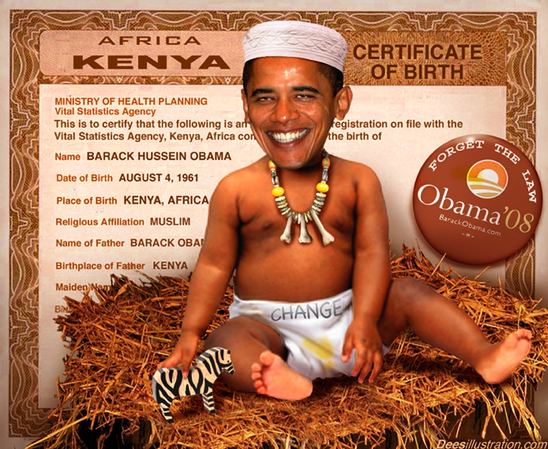



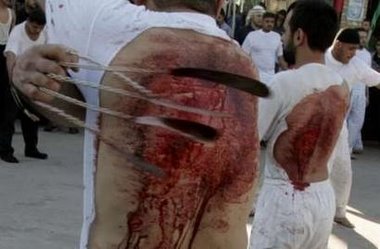



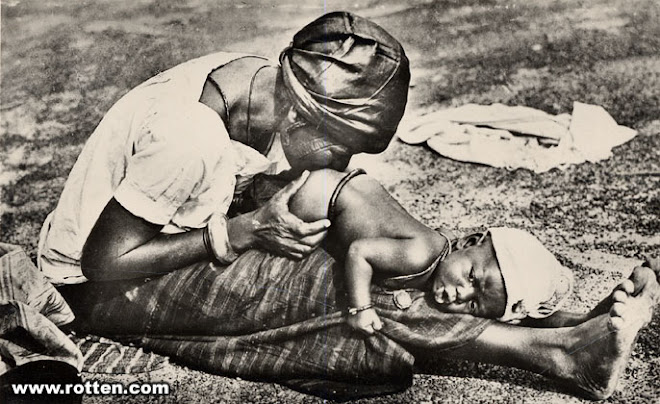

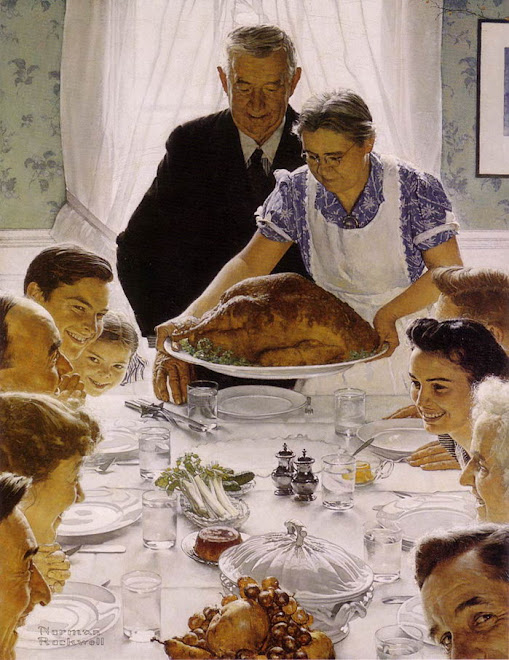




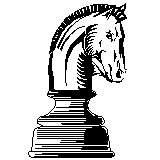








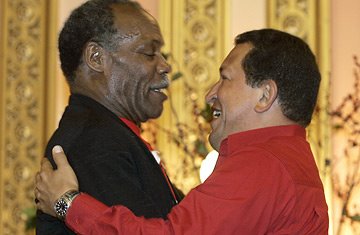
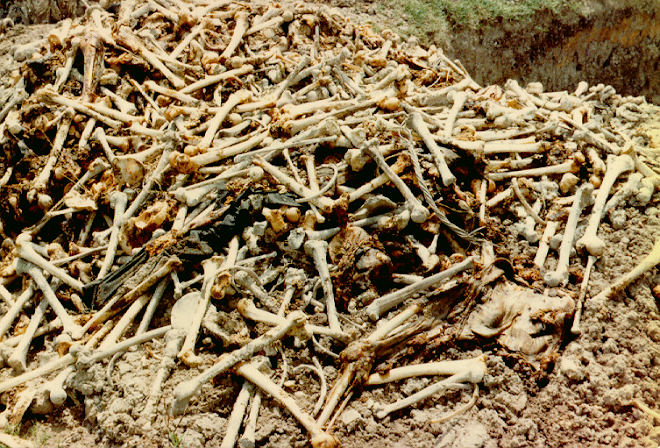
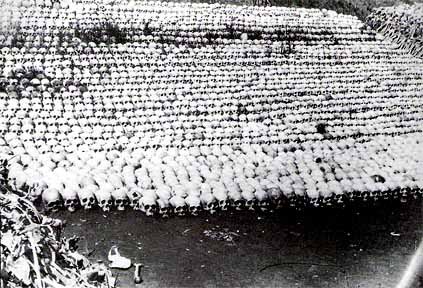
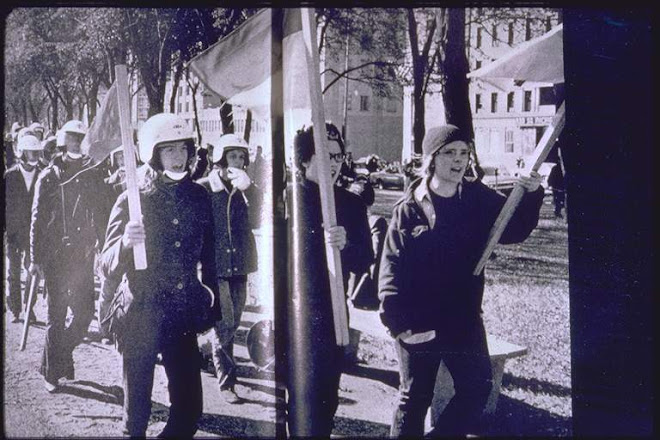
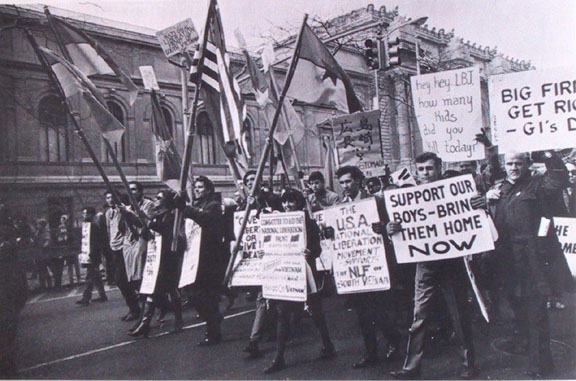





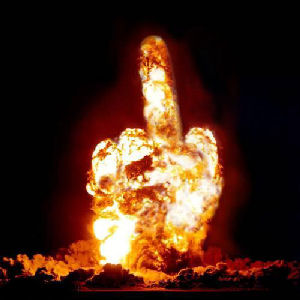

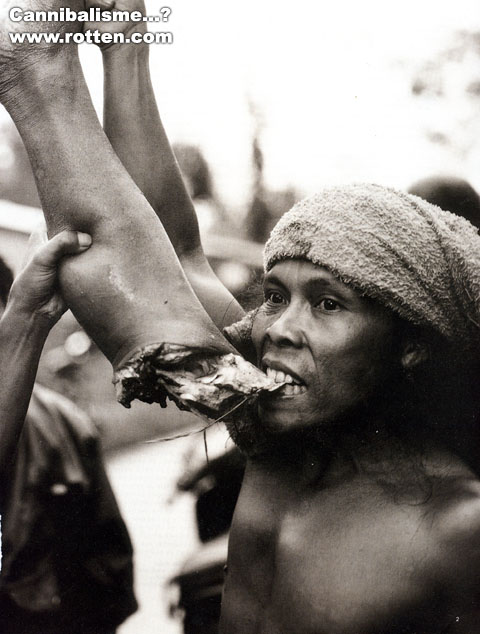


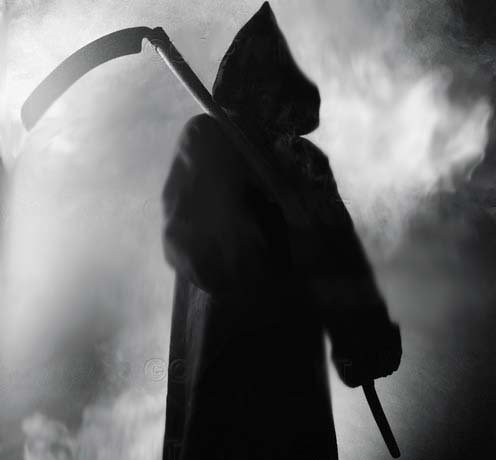

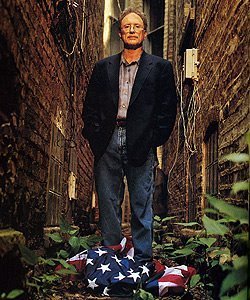





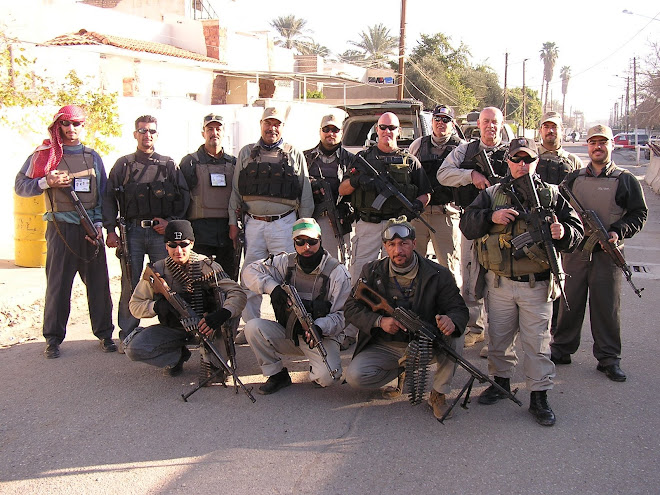
No comments:
Post a Comment